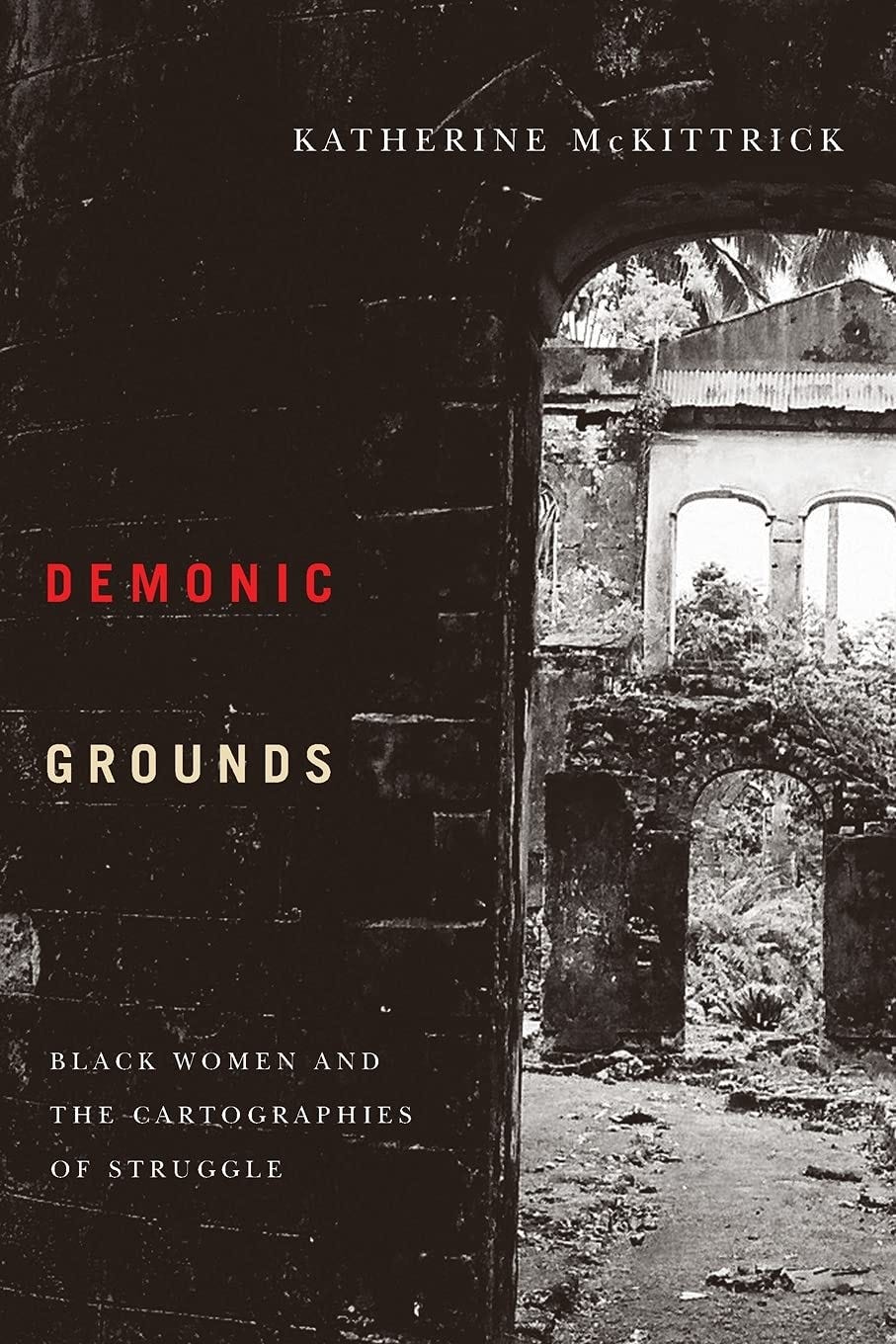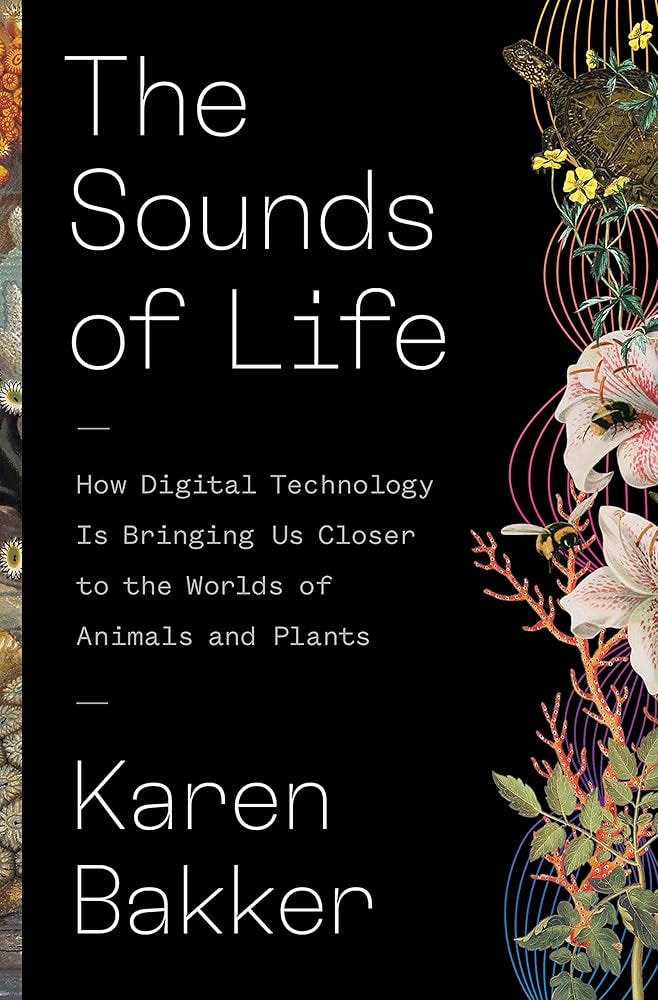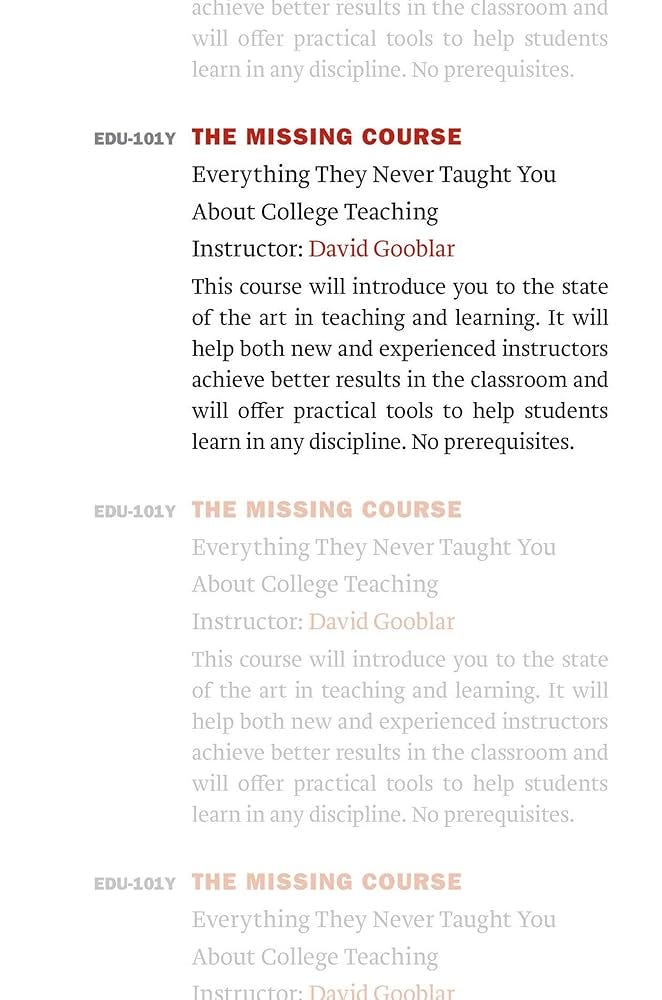Q3 reading round-up
let's dive in, shall we?
this summer i tried working my way through a reading list in prep for dissertation writing and research. i framed it like my own version of comprehensive exams in the hopes that it would motivate me to plow through things and get sh*t done.
spoiler alert: i only half-accomplished the goal of reading everything, and definitely did not accomplish the phase 2 goal of writing literature reviews based on all that reading in each topic area.
but it did kickstart me in the right direction of being immersed in books again, in all corners of my life: things to support my research life, a little self-help thrown in, some creative stuff to inspire my backburner fiction projects. every time i go to the public library (we love the library over here), i get the same feelings of excitement at the prospect of so much possibility at my fingertips that i did when i was a kid. just makes me so happy.
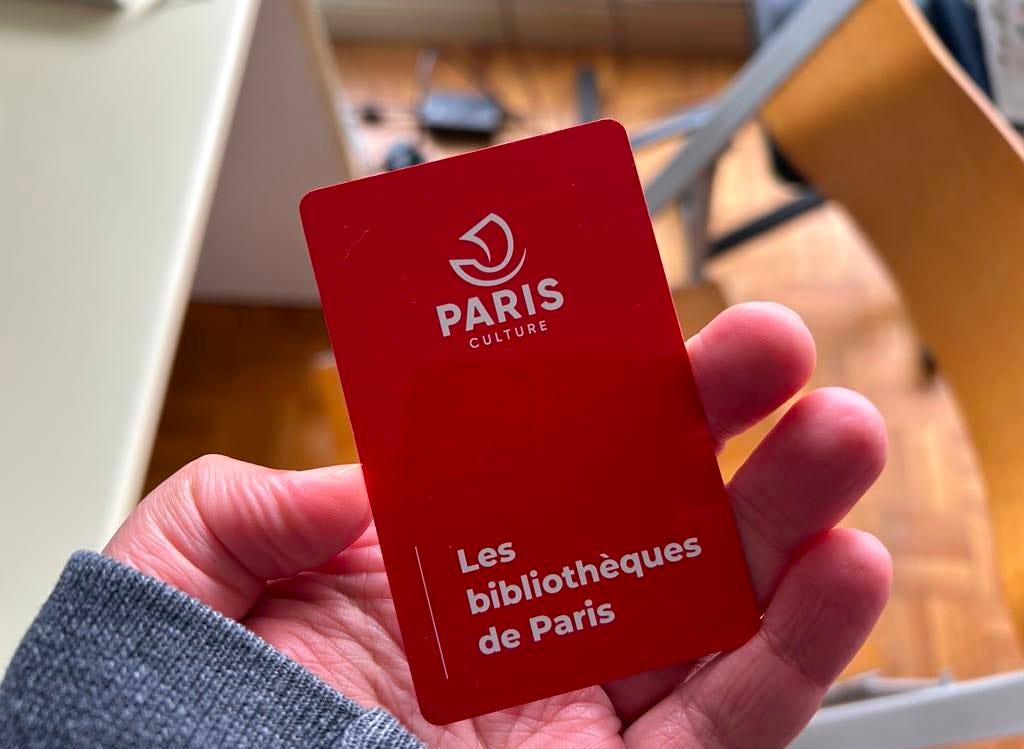
so here are some recaps of what has kept my days (and pre-bedtime routines) full recently! not by any means totally representative, but just a snapshot of things i gravitated towards and some loose thoughts. there are some spoilers, but nothing crazy i promise. 😉
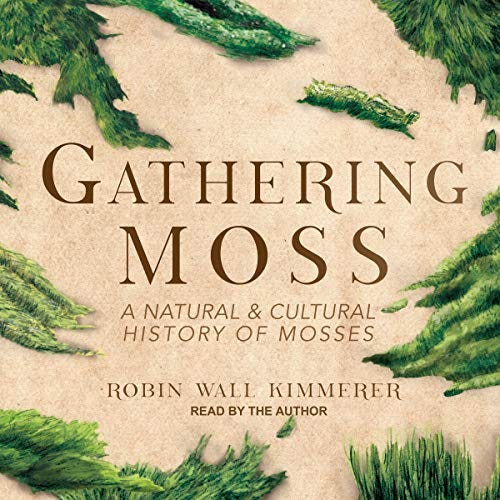

audiobooks
i listened to The Heaven and Earth Grocery Store over the course of a month. maybe not recommended for optimum absorption of this great story, not to mention that audiobook fiction is hard for me. i started it while working on a Disney villains puzzle that my friend lent me, of all things, so whenever i see the cover of this book, i will forever see Scar and Gaston side-eyeing me.
i missed the memo that this book was a historical fiction, which is not my usual preferred genre. but i appreciated getting to hear about the solidarities between Black and Jewish communities in (if i’m remembering correctly) 1930s America as both groups worked to fight the ills of white supremacy. it’s also a murder mystery, a story about disability, and a deft exploration of labor and class as it intersects with racialization. such a sensitive read.
more recently, i finished robin wall kimmerer’s narration of Gathering Moss. this book precedes her very well-known Braiding Sweetgrass, which is a virtuosic gem of a memoir through her navigation of Indigenous wisdom and western botanical practice. in many ways, Gathering Moss is quite similar but focuses more specifically on a unique group of flowerless plants.
there are lots of fun tidbits to learn, such as how moss likes to grow in cracks and crevices, or how they behave sort of like fungi in the way that they reproduce. more importantly, though, the book explores how we might turn to moss for insights about collaboration and resiliency in unexpected places (just think about how much moss you see between concrete slabs!). plus, kimmerer’s voice is incredibly warm and comforting, so this is a perfect cozy listen in the evenings or as you’re falling asleep. :)
academic
my academic reading has come in fits and starts. i looked at my goodreads to gather intel for this post and was surprised that i hadn’t really read more. and then i remembered that for most of september and october, i had been buried in scientific articles about whether such-and-such a plant makes sound, whether some other plant responds to the sound of water rushing by, etc. i reached a point last week where i was really craving long-form reading again, and i also had some much-needed reading to do for my conference paper.
so katherine mckittrick’s Demonic Grounds: Black Women and the Cartographies of Struggle really got me thinking. it was originally published in 2006, but even though it is dated by the usual scholarly standards, my GOD is it brilliant and needs to cited more. the book accounts for “black geographies,” which she describes as understandings of place and space that exist outside of and in relation to the status quo of white heteropatriarchy. she says it better than i ever could, obviously:
“Black geographies…locate and speak back to the geographies of modernity, transatlantic slavery, and colonialism…; they are fragmented, subjective, connective, invisible, visible, unacknowledged, and conspicuously positioned…” (7)
it’s a relatively quick read with digestible chapters, and the writing voice is clear, eloquent, and rich. i also resonates in current conversations about environmental racism, and the last chapter invokes soundscapes gets me thinking a little differently about experiences of music and sound as they shape our relationship to places/spaces (thinking of one friend in particular here, you know who you are😏).
Sounds of Life by Karen Bakker, which i read in august i think(?), is a book that i’m not sure what to do with. it provides an overview of several ongoing bioacoustics projects that are gathering data about previously unknown plant and animal sonic expressions/forms of communications. main argument is that these digital listening projects can be valuable tools to aid in species conservation efforts. a lot of the case studies (elephants, bees, plants) were familiar to me, but i learned more about how piping sound into coral reefs might improve growth rates, and also that sea turtles do make sound, contrary to previous understandings of turtle socialization. cool stuff.
as cogently argued as the book is, i am a little skeptical of the “technology will save us” kinds of arguments when it comes to climate change, which is ultimately where this book lands. like i wrote in my goodreads review, i would love a response to this book that considers more deeply the ethics of surveillance culture on nonhuman life, or even questions the environmental impact of attaching assemblages of plastics and metals to animals or dropping them into ocean environments for the purposes of listening to animals/plants for extended periods of time. something about it feels a little blindly optimistic to me idk
more recently, i just finished The Missing Course by David Gooblar as part of a half-term pedagogy seminar i took on Zoom this semester. this book is geared toward entry-level faculty and graduate students. there is a nice balance of actionable active learning strategies, theoretical questions to muse on, and sociological/psychological research about why certain techniques work over others: the conversations around the need for frequent assessments and emphasizing skills over content are the most memorable for me! he does a nice job sprinkling in reminders that our training as scholars and researchers can really inform our approach to teaching, and that we should lean on that expertise. i’ll definitely go back to this once i start developing more of my own courses one day. here’s hoping that i get that chance, even in this job market…
novels
i didn’t love the last 2 novels i read in hard copy form, so we’re going to time travel back to better times with the next few rapid fire recaps😂

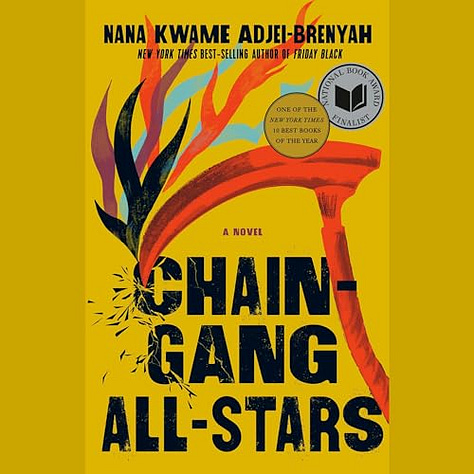
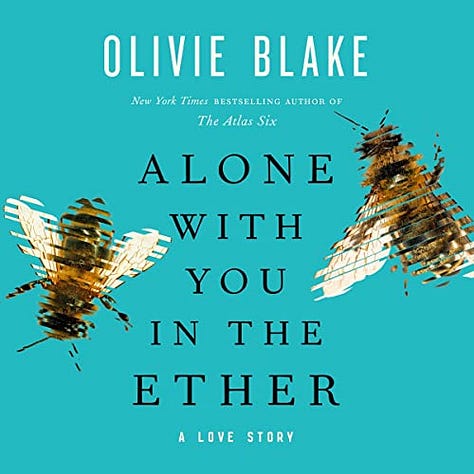
i read Under the Whispering Door back in august. it was right around the 1-year anniversary of the death of an elderly relative, and i hadn’t realized just how much i needed this book until i finished it. this magical realist exploration of what it means to live, die, and grieve is so delicate without necessarily being sad? don’t get me wrong, i did shed a tear or two. but this book feels like someone holding your hand gently while you explore the big questions about the meaning of life, and that was…beautiful. some of worldbuilding and character developments didn’t quite feel intuitive to me, but i’m finding that i like that about klune’s work. he’s experimenting with different ways to have characters grow that counter our expectations, and even when it doesn’t always land, i still appreciate the attempt.
Alone with You in the Ether made me feel the way i felt when i found sarah dessen for the first time (i still have such a soft spot for her YA romances, it’s almost embarrassing.) admittedly, both protagonists get in their own way and refuse to let anyone help them, and for the most part, this felt endearing more than annoying, probably because it was deeply relatable to me. this is less of a love story to be envious of, and more of a story about chasing the feeling of being understood by anyone, including yourself.
and then we have Chain-Gang All-Stars. in my head, i frame this book as “Hunger Games does critique of the prison industrial complex and also intersectional feminism.” i love reality competition shows and like to think that i engage with them critically enough to realize that none of it is “real” and that even if people are consenting to being filmed, no one quite realizes the scope of what it means to be filmed so vulnerably and intimately for days on end.
it was a bit of an uncanny read, to be honest. probably because Adjei-Brenyah is not fictionalizing too much beyond the realities of how Black folk are wrongly imprisoned and worked to death in many cases, in the same way that all the characters are forced to perform race and gender at the expense of their personhood and life in all cases. the ending of this book bore echoes to Kate Chopin’s The Awakening, where the main character is faced with an impossible choice about the kind of woman to be and so she just opts out altogether: similar kind of thing happens here, as well. it’s a balance between accepting defeat, finding agency in making your own choices, and figuring out the conditions necessary for liberation. aMAZING stuff.
this was actually a lot of fun to put together, so i hope y’all enjoyed the read!! i’ll do another one in a couple months as my interests and tastes shift, and it will be good to do a temperature check on things.
if you want more bookish thoughts, i have a couple posts like this one from April or another one from this summer! let me know what i should read in the coming months, as i’m always looking for recommendations from real ppl and not just algorithms and search bars. in the meantime, be sure to share this post with a friend and feel free leave a one-time tip if you feel so called. happy to have you here! :)


